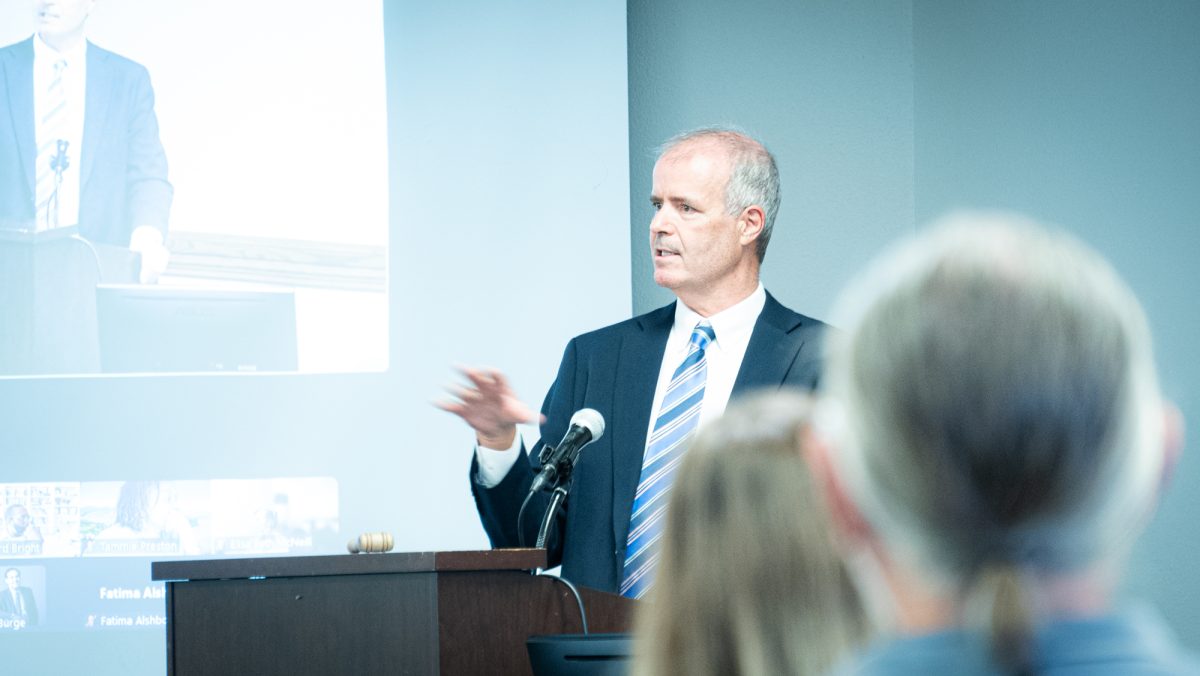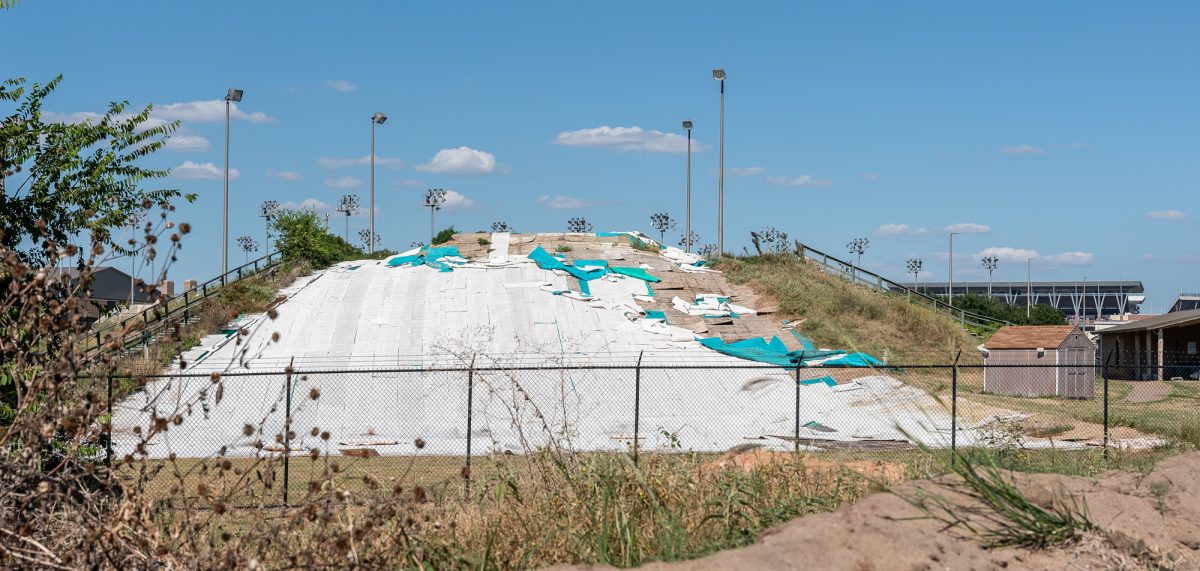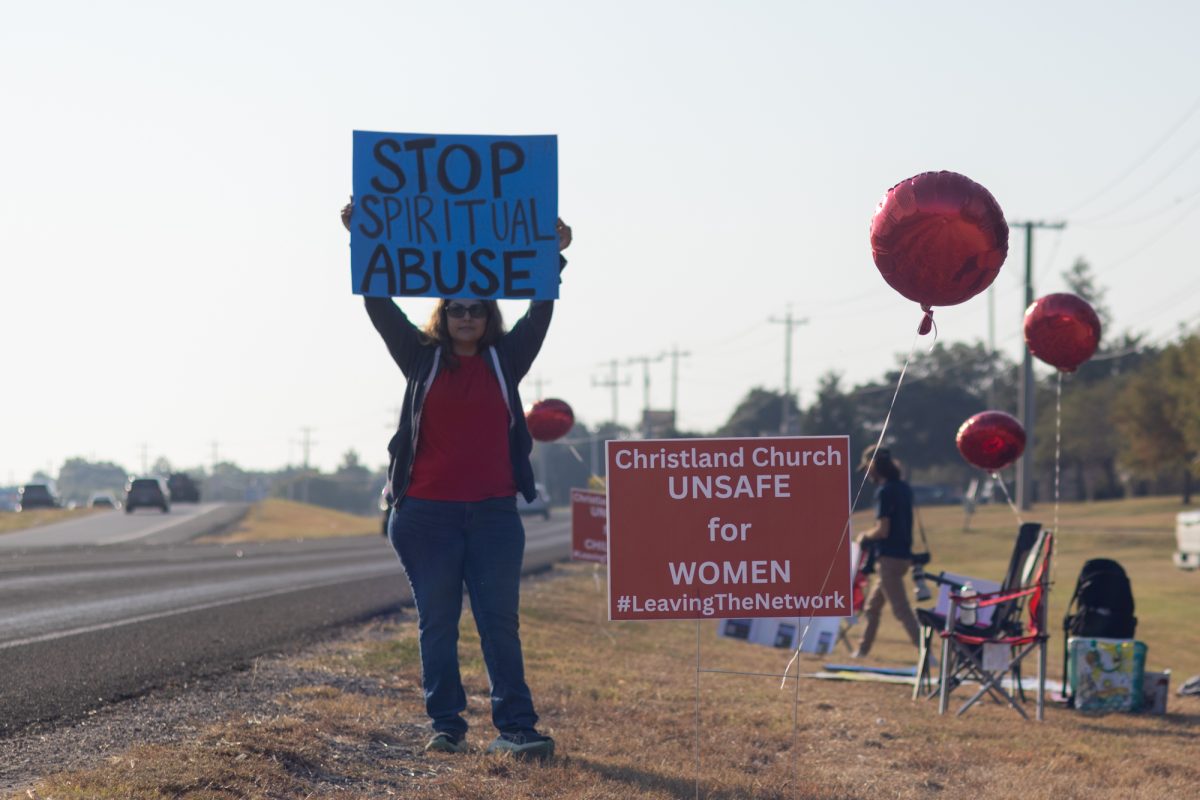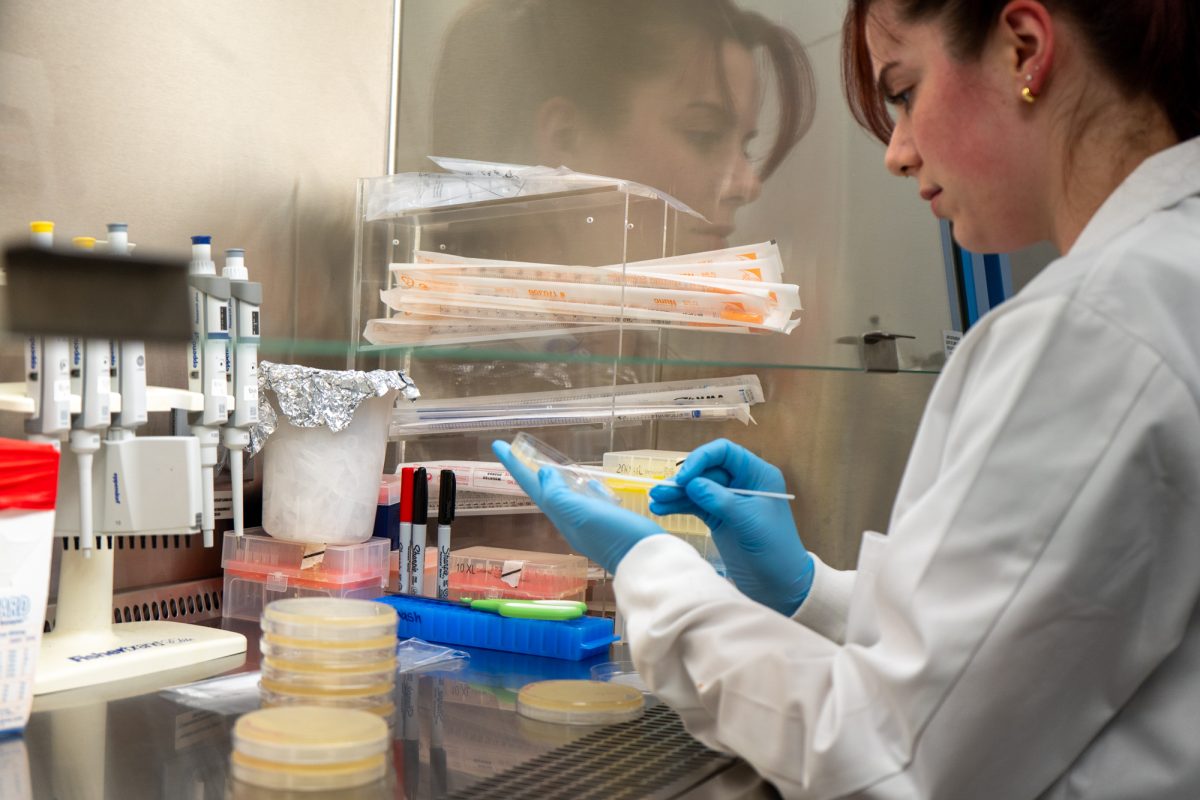The Texas Alcoholic Beverage Commission is up for review by the Texas Sunset Advisory Commission this year. TABC has been cracking down on alcohol in an effort to prove its worthiness by handing out more alcohol-related tickets. Despite the changes, the TSAC should not renew TABC, at least not as an enforcement agency.
TABC started a campaign on Wednesday, March 22 to arrest otherwise law-abiding citizens in bars for public intoxication. The campaign is known as the Sales to Intoxicated Persons Sting (SIPS). By all technicalities, this is legal. That isn’t the problem though; the problem is the application of the law in what amounts to pre-crime enforcement. The purpose of public intoxication laws is to safely remove those inebriated individuals who might pose a threat to others. The scope of the law was not intended for police officers to go into bars undercover and arrest individuals who have had a few drinks and are trying to enjoy their evening out. The current sting operation is being conducted to specifically target and punish those who drink, regardless of their intent or capability of leading to a criminal act.
The reasoning behind TABC’s actions is logical enough. Texas leads the nation in DWI offenses and fatalities. If this was TABC’s intent, then why did it raid hotel cocktail lounges? Guess what, these people have a high probability of being registered at the hotel. They are slightly more likely to stagger up to their rooms than get behind the wheel. TABC also reportedly arrested those who had a designated driver. This is where the SIPS begins to lose both its logic and legitimacy.
There is a minority in favor of the operation though. Reducing drunk driving in Texas is a noble goal. There are many things that can be done to improve drunk driving. Perhaps more comprehensive education and special presentations on the dangers of driving drunk at Texas public universities is in order. Stiffer penalties for those who drive drunk is another potential solution. Perhaps beefing up patrol on troubled areas of town where DWIs have been statistically common will lower DWIs. Anything but the current application, in fact, would be beneficial. Arresting drunks registered at hotels or with designated drivers, however, seems to be the least logical option for reducing drunk driving fatalities.
This operation has worried students at A&M as well.
Marcus Dunn, senior electrical engineering major, said, “It sets a dangerous precedent for anyone who drinks at a bar, restaurant or any other public establishment, where the act of drinking is not only condoned, but almost encouraged.” Northgate is dominated by bars and other drinking establishments. The local economy would collapse quickly if SIPS were implemented here.
Owning a gun does not imply someone is going to rob a bank. By the same logic, being drunk does not mean someone will get behind the wheel of a car. This operation is badly designed, orchestrated and implemented. There are real solutions out there to solve Texas’ DWI problem, but arresting otherwise law-abiding citizens who happen to be drunk is not one of them. There are better ways to spend taxpayer’s money than punishing those who want to relax – and that’s something to drink to.
Preemptive strike
April 17, 2006
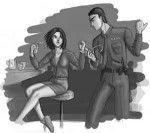
0
Donate to The Battalion
Your donation will support the student journalists of Texas A&M University - College Station. Your contribution will allow us to purchase equipment and cover our annual website hosting costs.



